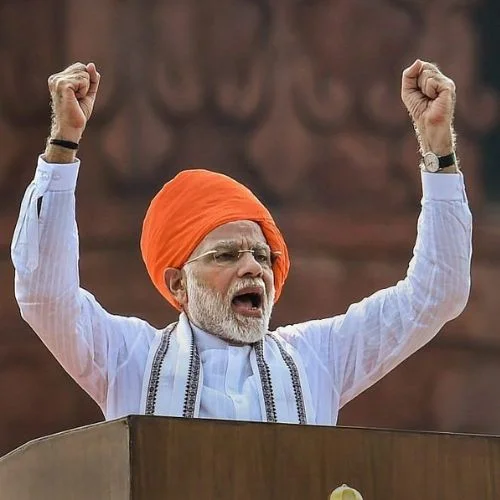The Indian stock market has been facing several challenges in recent months, resulting in a decline in trading volumes and a loss of faith from investors. The market reached a lifetime high in December 2022, but concerns about high valuations and inflation levels in the country have since led to a decrease in market attractiveness.
Furthermore, the Q3 earnings results have not met market expectations, causing worries about the continuation of the rate hike cycle. The Adani Group, one of India’s biggest conglomerates, also suffered a significant blow when a US-based short seller released a report in January 2023, resulting in a sharp decline in the company’s stocks.
These factors have contributed to a decrease in trading volumes, and data from the National Stock Exchange (NSE) shows that 38 lakh clients have left the market in the past six months. Industry experts, such as Sebi-registered analyst Ashish Bahety and Nithin Kamath, the CEO of leading online-trading platform Zerodha, have noted a significant decline in new account openings as well.
The NSE data indicates a decline in turnover and average daily turnover as well. In January 2023, the turnover in the cash market was at ₹10,20,626 crore, down from ₹11,60,846 crore in December 2022 and ₹12,01,108 crore in November 2022. The average daily turnover was ₹48,601 crore in January 2023, down from ₹52,766 crore in December 2022 and ₹5,71,96 crore in November 2022.
Overall, it appears that investors are losing faith in the Indian stock market, and industry experts anticipate further drops in the client base. The current economic challenges facing the market, combined with negative developments in specific companies, have created a challenging environment for investors.
In January 2023, the value of Demat securities traded in India dropped by 40.6% to ₹5,168.47 crore, as compared to ₹8,704.49 crore in December 2022. In November 2022, the Demat securities traded stood at ₹5,947.05 crore. Additionally, the market capitalization of the cash market on NSE declined by nearly ₹12.17 lakh crore to ₹268.02 lakh crore in January 2023, as compared to ₹280.19 lakh crore in December 2022. Furthermore, the total turnover of equity on BSE fell from ₹1,18,132.64 crore in September 2022 to ₹68,103.37 crore in January 2023.
Rohan Mehta, CEO & Portfolio Manager of Turtle Wealth, explained that the dip in the Indian market is indicative of people losing hope in the market. He stated that the adage “buy in fear and sell in greed” should be modified to “buy when people lose hope and sell when people are too optimistic.” Mehta highlighted that after every bull run in the last 20 years, there has been a period of consolidation. Currently, the Indian market is in the 16th month of consolidation, with the NIFTY 50 or NIFTY 500 index remaining at the same level, while the broader markets have suffered significantly.
For every stock that has shown a 52-week high, there are nine stocks that have hit a 52-week low. Mehta attributed the current correction in the market to four reasons: bad quarterly numbers, overvaluation of Indian markets leading to money being shifted to other cheaper emerging markets, the Adani saga, which has made people fear the market, and an overall sign of a slowdown in the core business.
However, Mehta believes that after a significant consolidation period, there is usually a structural bull run that starts. He cited the pre-COVID period, where the market saw nearly nine quarters of consolidation before experiencing a major bull rally. The question, however, is how many people will stay invested during this period.
Mehta stated that most people enter the market for money but soon lose track of their goal and start chasing some private version of fun. He believes that this is the best time for investors to review and rebuild their portfolios, removing weeds and watering flowers. He advises that investors should focus on stocks with impressive quarterly numbers and intake prices and remove stocks that do not meet these criteria.
In conclusion, Mehta believes that a structural rally in the Indian market is likely to happen soon, possibly in one or two quarters. Currently, the Sensex has declined nearly 2.8% year-to-date, while the Nifty 50 has seen a larger decline of over 4%. The Sensex is currently below 59,500, and the Nifty 50 is under 17,500 levels.















